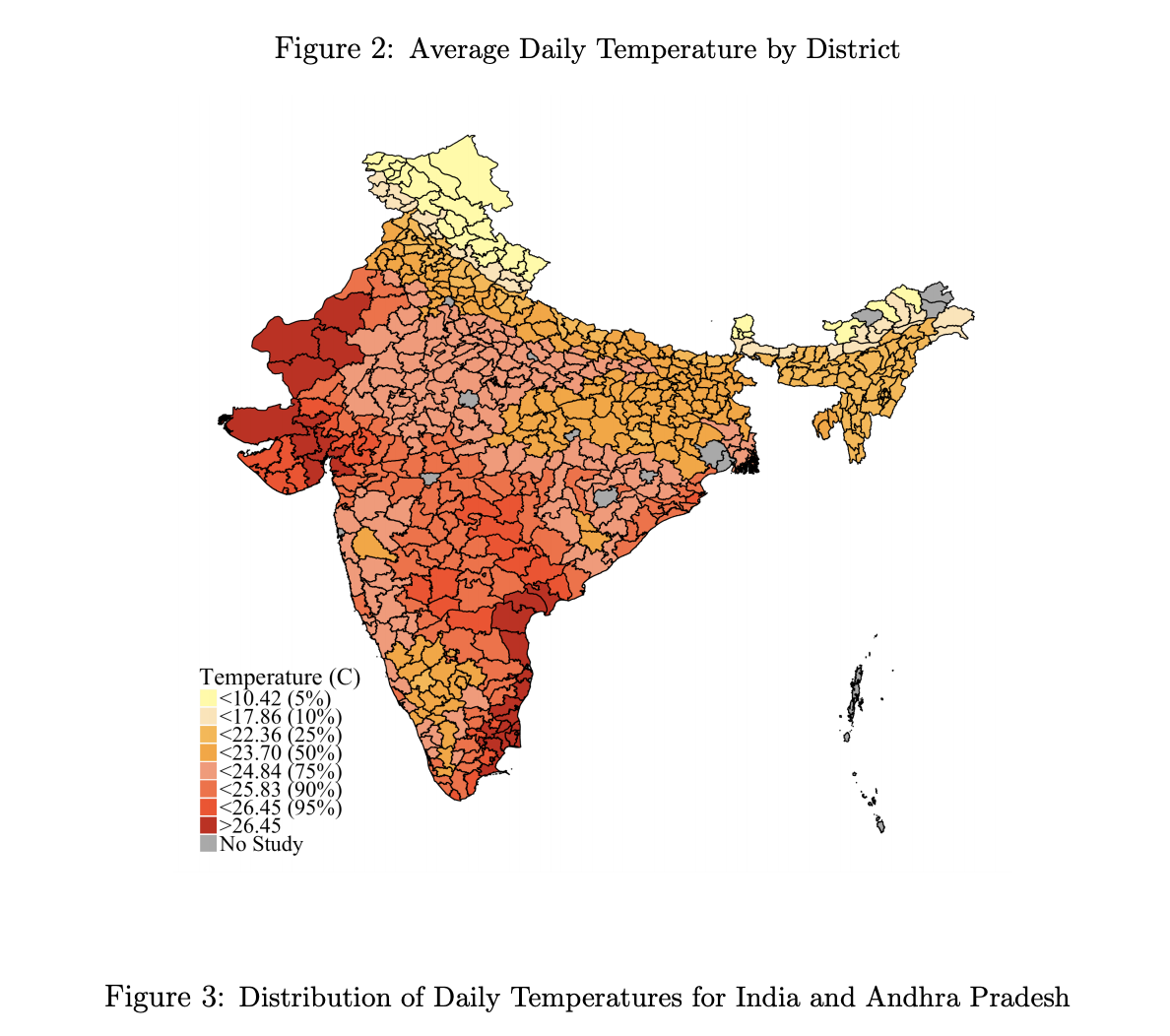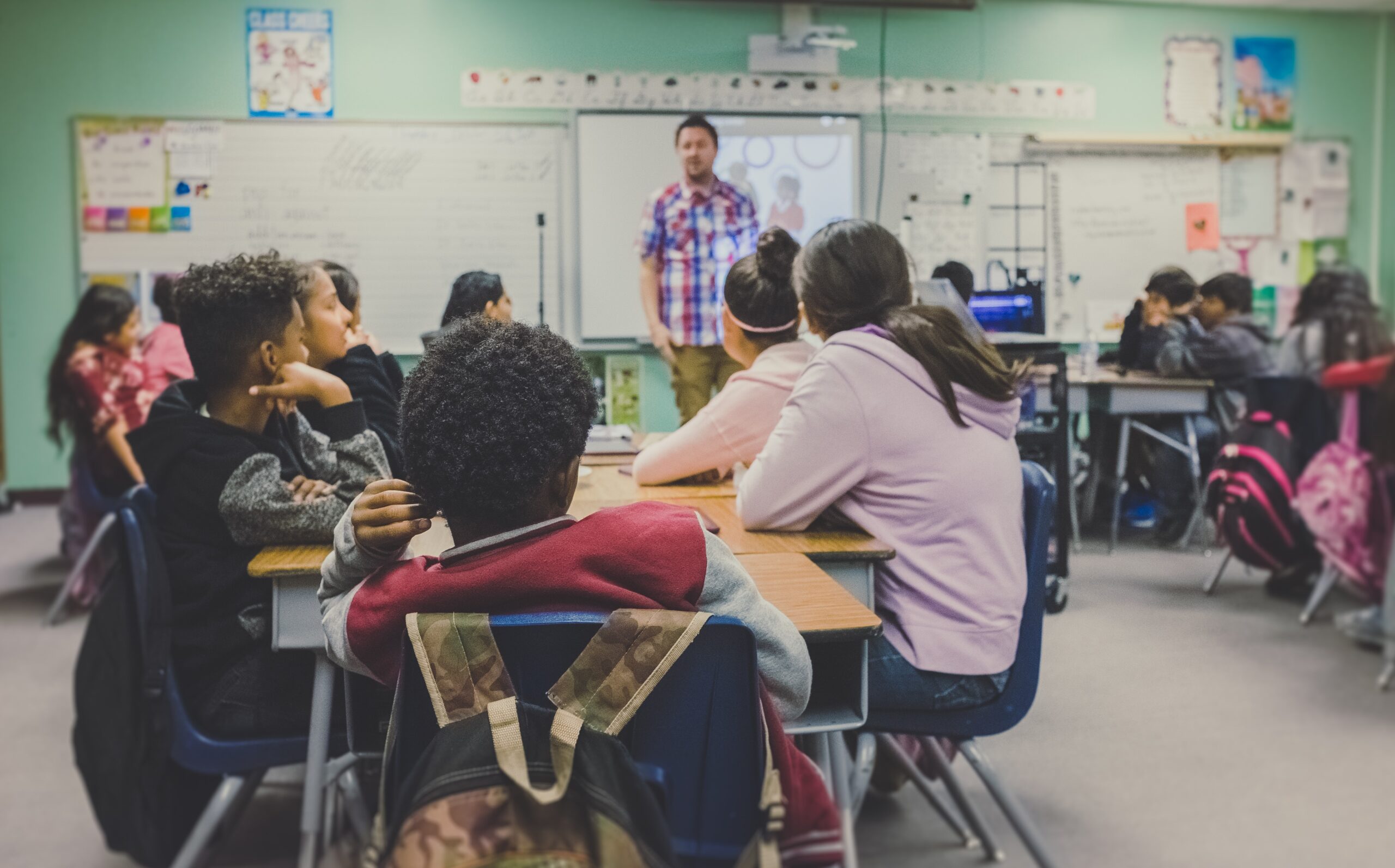Despite the considerable progress on education access and participation over the past years, 262 million children and youth aged 6 to 17 were still out of school in 2017, and more than half of children and adolescents are not meeting minimum proficiency standards in reading and mathematics. Rapid technological changes present opportunities and challenges, but the learning environment, the capacities of teachers and the quality of education have not kept pace. Refocused efforts are needed to improve learning outcomes for the full life cycle, especially for women, girls and marginalized people in vulnerable settings.
This study examines the impact of workplace-based soft skills training on the productivity of Indian garment workers. The study finds that such training leads to significant productivity gains, with treated…
We estimate the effects of temperature on human capital production in India. We show that high temperatures reduce both math and reading test scores through an agricultural income mechanism. The…
Public‐sector unions are generally thought to increase the size of government through collective bargaining. This article challenges this idea for the case of teacher unions in the United States and…
The Policy Design and Evaluation Lab (PDEL) is an international focal point for rigorous empirical research on the interplay of public policy, technology, and economic development. PDEL combines advanced social…





